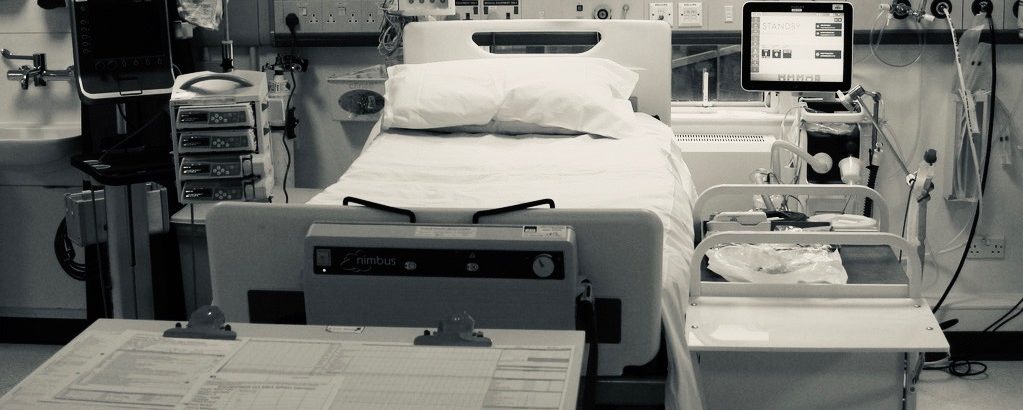Who’s who in intensive care?
Advanced Critical Care Practitioner
ACCP’s work alongside the medical team in ICU, carrying out many of the medical roles and procedures traditionally associated with doctors. They can prescribe, carry out clinical assessments and undertake many of the interventions that may be required during the patients stay on ICU.
Critical Care Outreach Team (CCOT)
A team of nurses and doctors who help identify patients that could benefit from intensive care and who follow patients up in the days following their discharge from intensive care back to the ward. For further details click here.
Dieticians
Good nutrition is an essential part of treating critical illness. Dieticians calculate the individual patient’s requirements, construct a nutrition care plan and monitor the patient’s ongoing nutritional needs.
Doctors
Examine patients, order & interpret tests, make a diagnosis, instigate treatment, prescribe medicines and undertake clinical procedures. Patients are often under the shared care of the ‘home team’ doctors they were admitted under (e.g. surgery, oncology, cardiology etc.) and the doctors specialising in intensive care. Often doctors from three or more specialties will work closely together to care for critically ill patients.
Healthcare Assistants
Support nursing staff with patient care, clean & maintain vital ICU equipment, maintain safe stock levels, prepare side rooms and bed spaces, facilitate admission & discharge of our patients.
Housekeepers
Care for the physical environment of the unit, ensuring it remains clean and fit for purpose. Serve patient meals.
Nurses
The dedicated team of bedside nurses that provide a high staff to patient ratio is what distinguishes ICU from normal ward care. Delivering personal care, facilitating medical treatment and acting as a patient advocate -nursing staff are the core of the intensive care team.
Pharmacists
Provide specialist advice on drugs and medicines. Help prevent medication errors, side effects, allergic reactions and drug interactions.
Physiotherapists
Physiotherapists are involved in the assessment and treatment of breathing difficulties, physical deconditioning, neuromuscular and musculoskeletal conditions. They use techniques to clear phlegm, make breathing easier and enable physical recovery by supported activity.
Speech and Language Therapists
Speech and language therapists (SLTs) have two major roles in ICU. The first is to ensure patients can communicate with staff and family. This can involve providing communication aids which can be low-tech (e.g. alphabet charts) or high-tech (e.g. iPads). The second is to assess and treat swallowing difficulties, enabling patients to eat and drink as soon as it is safe to do so.
Ward Clerks
Undertake a myriad of tasks to ensure the smooth running of the unit from accessing medical records, to updating patient management systems, reporting faults, communicating with other departments, supporting families and generally keeping the place running.

Comments are closed